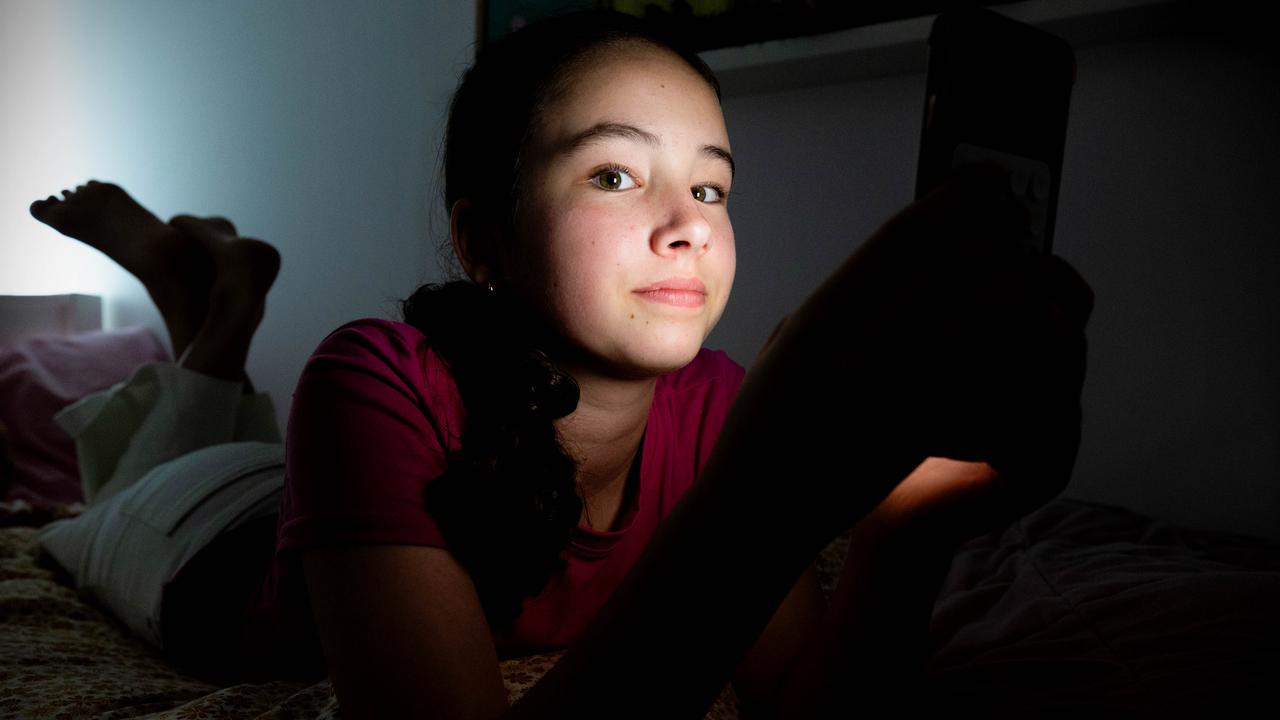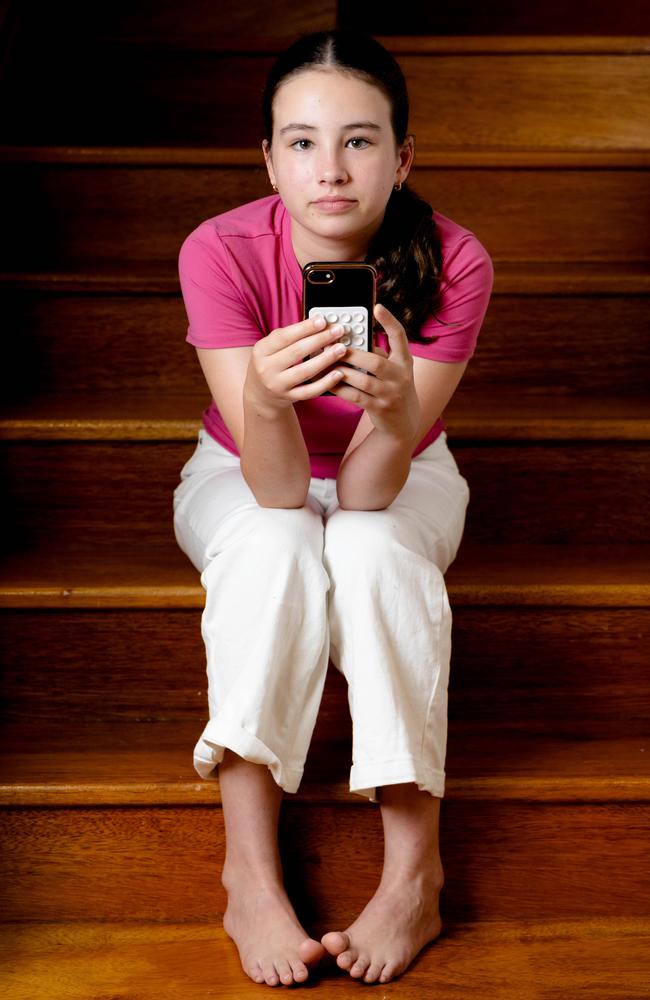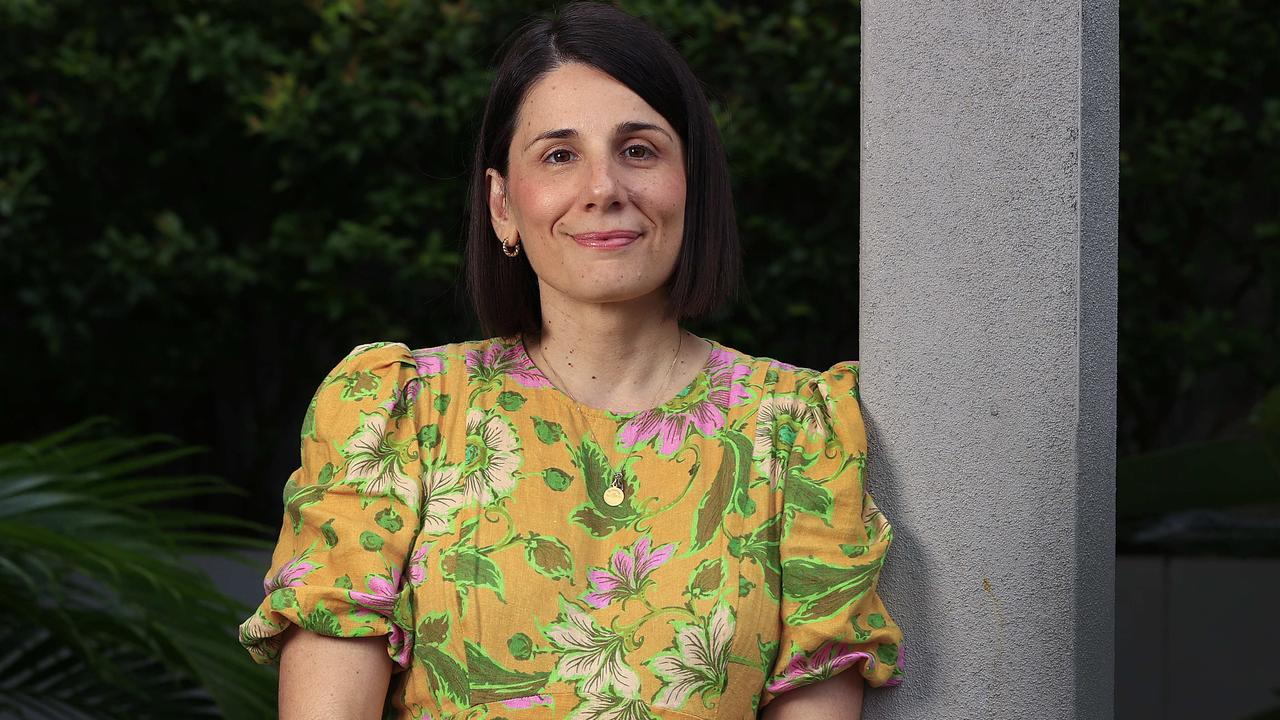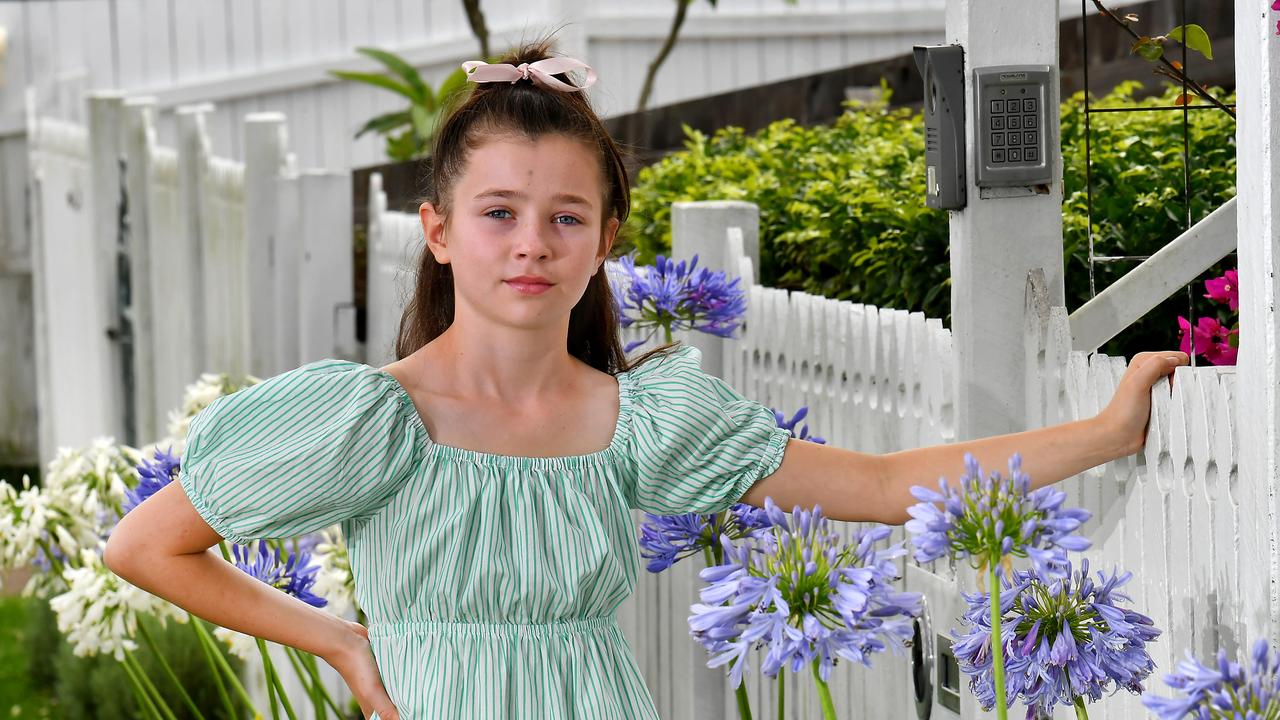Australian schoolchildren among most bullied in the world
One family has opened up on their living nightmare, as it’s revealed Aussie school students are among the most bullied in the world.

QLD News
Don't miss out on the headlines from QLD News. Followed categories will be added to My News.
Australian school students are among the most bullied in the world, with parents who have lost children to suicide warning they won’t be the last unless all governments commit to urgent change.
One in six students reported being on the receiving end of bullying at school, a concerning number that puts Australia ahead of comparative nations like the United States, England, New Zealand, Ireland and Canada.
The most common form of bullying reported was being “made fun of”, while one in 10 students said they were deliberately “left out” by their peers and had “nasty rumours” spread about them.
Country students reported being bullied more regularly than their city counterparts, while the report by The Australian Council for Educational Research (ACER) also found kids at government schools experienced more bullying than those at catholic and independent schools.
Like many of her peers, Brisbane’s Isla Jacobs, 12, wants change now.
An advocate for a federally enforced anti-bullying program, Isla has seen bullying’s impact first-hand – especially on social media.

“I think that people bully differently online because they are behind a screen, therefore people become ‘stronger’ in their words and actions, which leads to bigger arguments and misunderstandings,” she said.
“In real life, some people are two-faced and they say and do things differently online.”
Isla said cruel words followed many kids from the playground to their at-home devices, and many ended up feeling alone.
“Getting isolated is incredibly mean, making someone feel unwanted and unimportant,” she said.
“I guess help from peers only works if you have peers who aren’t part of the bullying, and most kids are struggling to figure it out, too.
“Maybe if there were older kids, or a club or something you could turn to, but you’d have to feel safe, comfortable and like you can trust who you turn to.
“I like the idea of a program that everyone becomes involved in, or creating a system for kids to turn to other or older kids, if it can be set up the right way.”
A series of tragic suicides of young Queenslanders who have barely hit their teens sparked Brisbane researcher Amanda Windus to set up advocacy agency Youngkind to give children a voice.
Ms Windus recently conducted a survey of kids aged 10 to 16 and said she shocked by just how many of the 100 children who responded used the word “toxic” to describe events in their lives.
“Isn’t is terrible that this word is so common in such young kids,” she said.
Ms Windus believes intervention to help kids cope with today’s world should begin early in primary school.

“My research shows that Zalphas (bridging early Gen Alpha and late Gen Z) shows a critical wellbeing gap in Australian schools,” Ms Windus said.
Isla said many adults don’t realise just how young bullying can start.
“At primary school, it often felt like concerns were dismissed as “part of the playground” although it does seem better at my high school,” she said. “Sometimes it feels like it’s all a bit hard for grown ups or they try and sweep things aside, or even take sides or don’t get the full story.
“Some kids also don’t want to snitch or be the reason someone else gets in trouble, as it could just make it worse.”
Dolly Everett’s death in 2018 was one of the first times Australia stopped to talk about youth suicide, but her parents Kate and Tick have continued to push for change through Dolly’s Dream.
Last week Mrs Everett said they were putting their support behind The Sunday Mail’s push for consistent national standards for bullying and its ongoing Let Them Be Kids campaign.
As part of their own work with Dolly’s Dream, earlier this month they asked their social media followers if they had experienced bullying at school. Of the more than 2200 respondents, 89 per cent said they had.
Mrs Everett said despite all the work they do to learning about Australia’s bullying problem and trying to prevent any other child losing their life, she still has days where she questions why their daughter was targeted by bullies.
“There won’t ever be a day where we look back and think, why us, because we are an average rural family from the middle ofnowhere in Australia,” she said.
“Why (was she the child) that was picked on, or is that Australian culture and something that is systemic and built from our communities.”
’It makes you feel you’re not good enough’
Brisbane schoolgirl Allegra Black, 11
Bullies mostly target people who might not think they are as popular or not have many friends to stick up for them. People normally bully someone to think that they are going to gain something.
Hopefully, their friends might not like it and might stick up for the kid that is being bullied.
People target other people really because they are unhappy or don’t think they are as strong, smart or as good as the other person is. We have also seen people snitch, say not-nice things, and leave someone out. I think all kids have.
I am not on social media but I have witnessed others being on TikTok, Snapchat, and YouTube.

Bullying is mostly done at school when the parents or teachers aren’t watching you.
Other times are normally during sports, when a person can maybe be left out, or someone might be jealous of others and lash out at them.
I think being picked on or being isolated from your friends is one of the cruellest ways.
Being picked on is never a good feeling because you have no one there to support you.
Being frozen out of your friend group makes you feel you have no one there to support you or no one that really gets who you are.
Being left out makes you feel that you are not good enough for their friend group or no one there really likes you.
I like the idea of an app because it always feels good knowing someone is there supporting you or trying to help the situation, as talking to a person face-to-face might be challenging, but still knowing someone is there will help.
An app being 24/7 would help kids be able to reach out to people at all times, helping them feel more comforted and safe.
Read related topics:Let Them Be Kids



